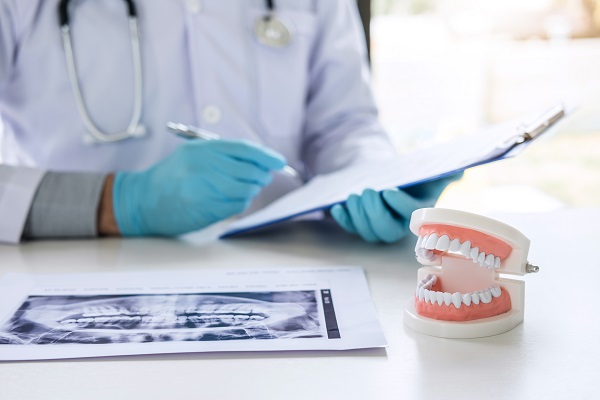Can an Emergency Dentist Treat All Patients?

An emergency dentist is a trained dental professional who focuses on treating oral injuries that occur when least expected. They are typically staffed at hospitals or dental urgent care centers so they can be available to patients who have experienced an emergent situation within their gums or teeth.
Emergency dentists are not trained for one specific type of patient, but rather for all patients. If you want to know more about what they can do for an urgent situation, then you may find this article to be helpful. Keep reading to learn more!
Can an emergency dentist treat all patients?
Below, we outline what types of patients an emergency dentist can treat. We also go over how an emergency dentist can help each one.
Children
Many children experience dental emergencies, which can occur at any time. Children play sports, which makes them susceptible to injuries. However, children's teeth are typically still developing, even into their teenage years. Because of this, the injury may require more work.
While emergency dentists can treat children when they experience an injury, it may be best to also have a pediatric dentist consultation. Dentists who specialize in children’s teeth may have more experience treating developing teeth and gums. Initially, a visit to an emergency dentist is the best thing to do. However, if at any point during the treatment, a pediatric dentist is available, it is always best to get a second opinion.
Adults
Just like children, adults can also experience injuries that may require the treatment of an emergency dentist. The most common dental emergencies are injuries to the face, such as a dislocated jaw, broken tooth or a fracture. Whether visiting a hospital or urgent care, an emergency dentist will be able to diagnose and treat the injury so the patient can get back to normal.
What an emergency dentist can do
An emergency dentist can treat all kinds of injuries, depending on what the patient needs. Regardless of the injury, they will examine the patient and evaluate the injury to determine a diagnosis. This will determine what type of treatment is needed. In certain instances, surgery may be required, while less severe injuries may only require a dental restoration or tooth extraction.
Emergency dentists will treat the patient as quickly as they can so their oral and dental health can be salvaged. Long term, they may require patients to follow up with their general dentist to ensure proper healing.
Contact us today!
Want to know more about what an emergency dentist can do? Let us help you. Our team can determine what may be best for you, based on your age and injury. For the most part, an emergency dentist is experienced enough to treat whatever injuries may occur. Give us a call or stop by our office today. We can answer any questions that you may have about what emergency dentist does, as well as any other dental procedures.
Request an appointment here: https://smilefreshdentalgrandblanc.com or call Smile Fresh Dental at (810) 515-7083 for an appointment in our Grand Blanc office.
Check out what others are saying about our services on Google: Read our Yelp reviews.
Related Posts
Dental veneers are versatile restorations. Your dentist can improve the health and appearance of your teeth by applying these custom-fit shells. Talking to your dentist about the procedure can motivate you to set your treatment schedule. Here are the pros and cons of getting your dental veneers.Dental veneers can be a good choice for dental…
Those seeking to perfect their smiles often turn to dental veneers. This treatment is well known for helping to create bright and dazzling smiles free from imperfections, making it one of the most sought-after cosmetic procedures. In addition, veneers are aesthetically pleasing and versatile in addressing the widest range of cosmetic issues.However, it is important…
Dental veneers are an investment. Getting these restorations is a significant decision. The permanence of having these shells on your teeth needs commitment. Knowing how to make these restorations last longer can help motivate you to care for them even more. Here are some advice and tips on how to make your dental veneers last…
Implant supported dentures combine traditional dentures with permanent dental implants to provide a stable and secure tooth restoration option. Unlike traditional removable dentures, this option is supported by two or more dental implants rather than your gum tissues. The additional stability of dental implants may make it simpler to bite and chew meals, particularly with…
